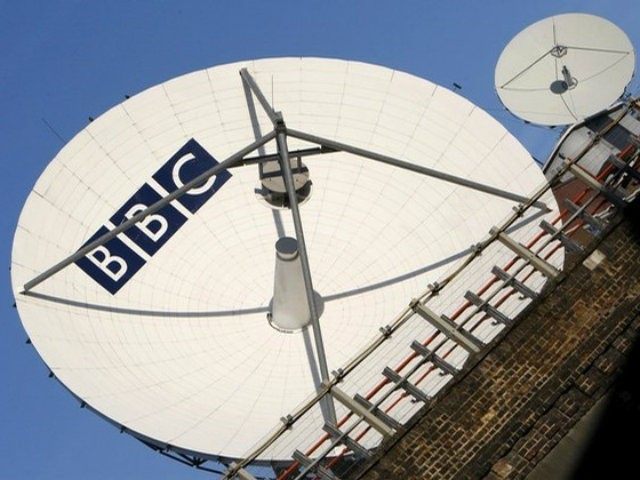KIGALI, Rwanda, Feb. 28 (UPI) — An inquiry has called for the Rwandan government to take legal action against the BBC over a documentary questioning official accounts of the country’s 1994 genocide.
Martin Ngoga, who is heading the inquiry, said the documentary skewed historical facts and failed to meet the BBC’s editorial standards. Ngoga called for the Rwandan government to pursue civil and criminal charges against the news service.
The film, titled “Rwanda: The Untold Story,” was released last year and detailed the {link:mass slaughter of thousands of Rwandans: “http://www.unitedhumanrights.org/Genocide/genocide_in_rwanda.htm”,nw} following the death of President Juvenal Habyarimana, whose plane was shot down on a return from peace talks with minority Tutsi rebels of the Rwandan Patriotic Front.
At the time militias affiliated with Rwanda’s majority Hutu ethnicity, along with elements of the Rwandan military, began slaughtering Tutsis, killing over 800,000 people — including moderate Hutus — over a 100-day period before RPF forces took control of the capital.
The RPF was also accused of killing large numbers of Hutu Rwandans, but the group denied the charge. As well, RPF leader and now-President Paul Kagame denied involvement in the attack on Habyarimana’s plane, but some of Kagame’s former aides {link:interviewed in the BBC’s documentary: “http://www.bbc.com/news/world-africa-31674705″,nw} accused him of plotting the attack. Other interviews include U.S.-based researchers who assert that a majority who perished in 1994 were Hutus killed by RPF forces.
When the film was first aired in October 2014, a Rwandan parliamentary resolution suggested holocaust denial charges for the documentary’s producer and presenter as well as those interviewed. BBC’s Kinyarwanda language service have since halted broadcasts of the film.
The BBC released a statement indicating its disappointment in the findings and rejected “any suggestion that any part of this documentary constitutes genocide denial.”
“We stand by our right to produce the independent journalism which has made us the world’s most trusted news source,” the statement read. “This process has not yet concluded but the provisional findings are that the documentary does not breach the BBC’s editorial standards.”

COMMENTS
Please let us know if you're having issues with commenting.